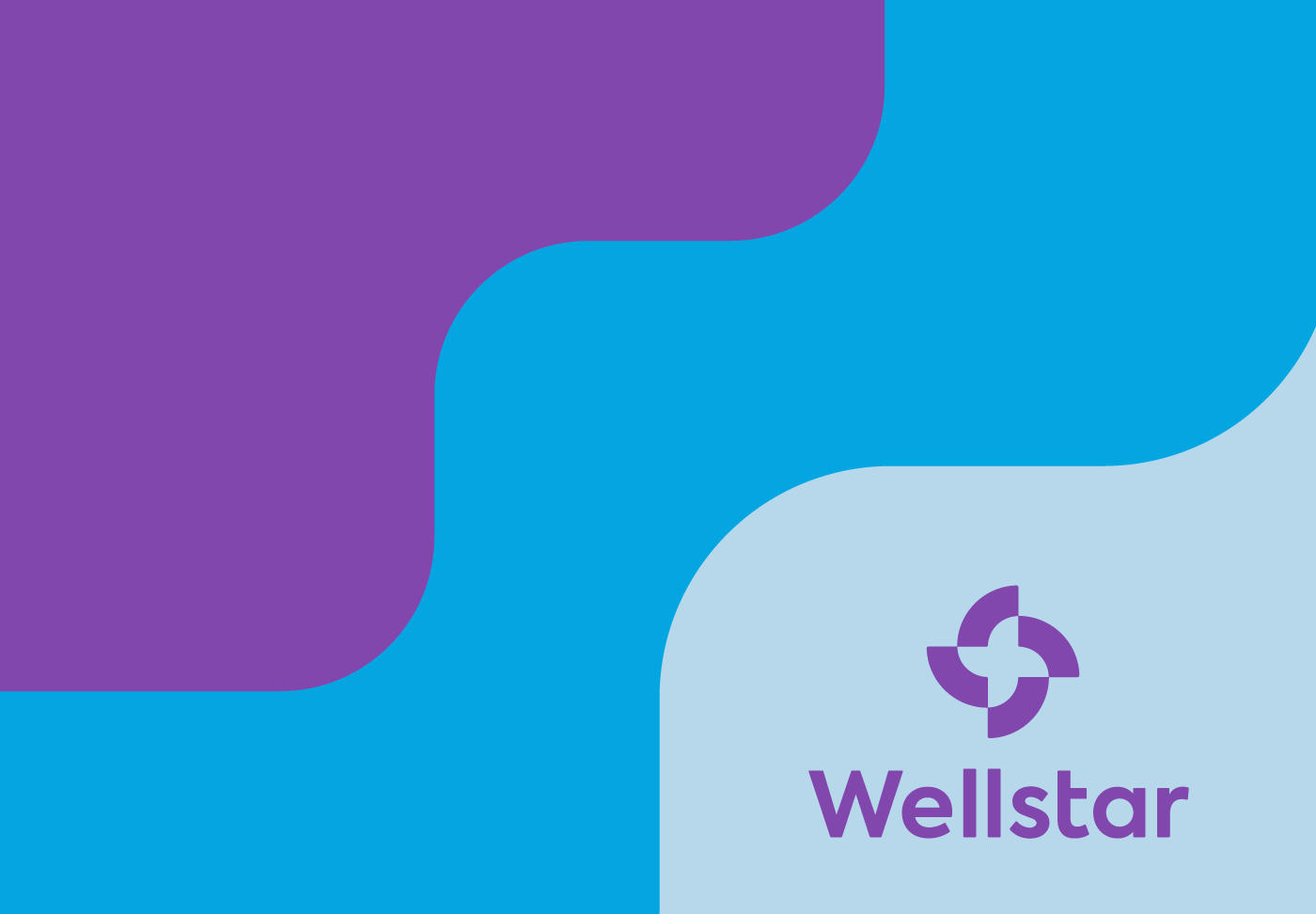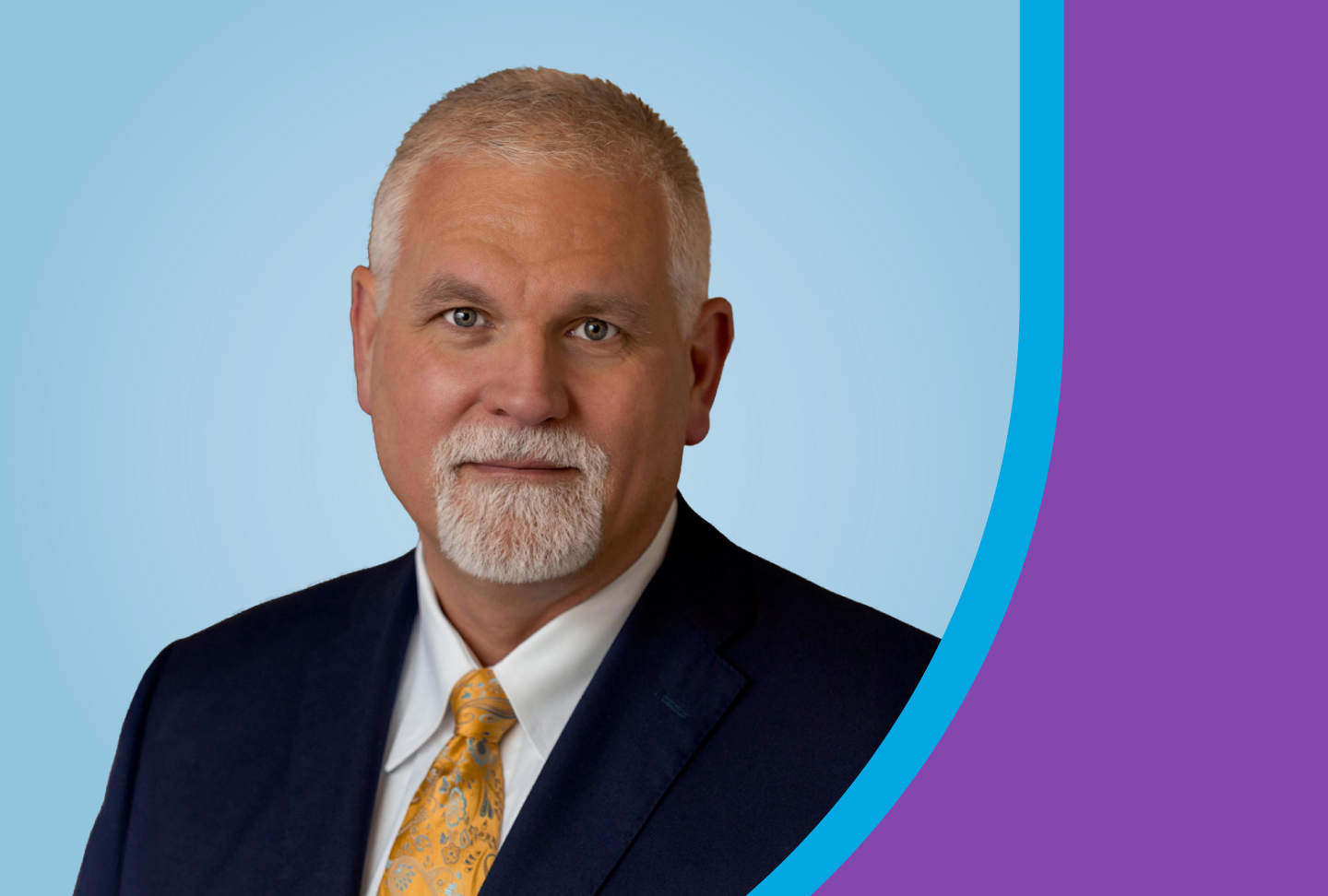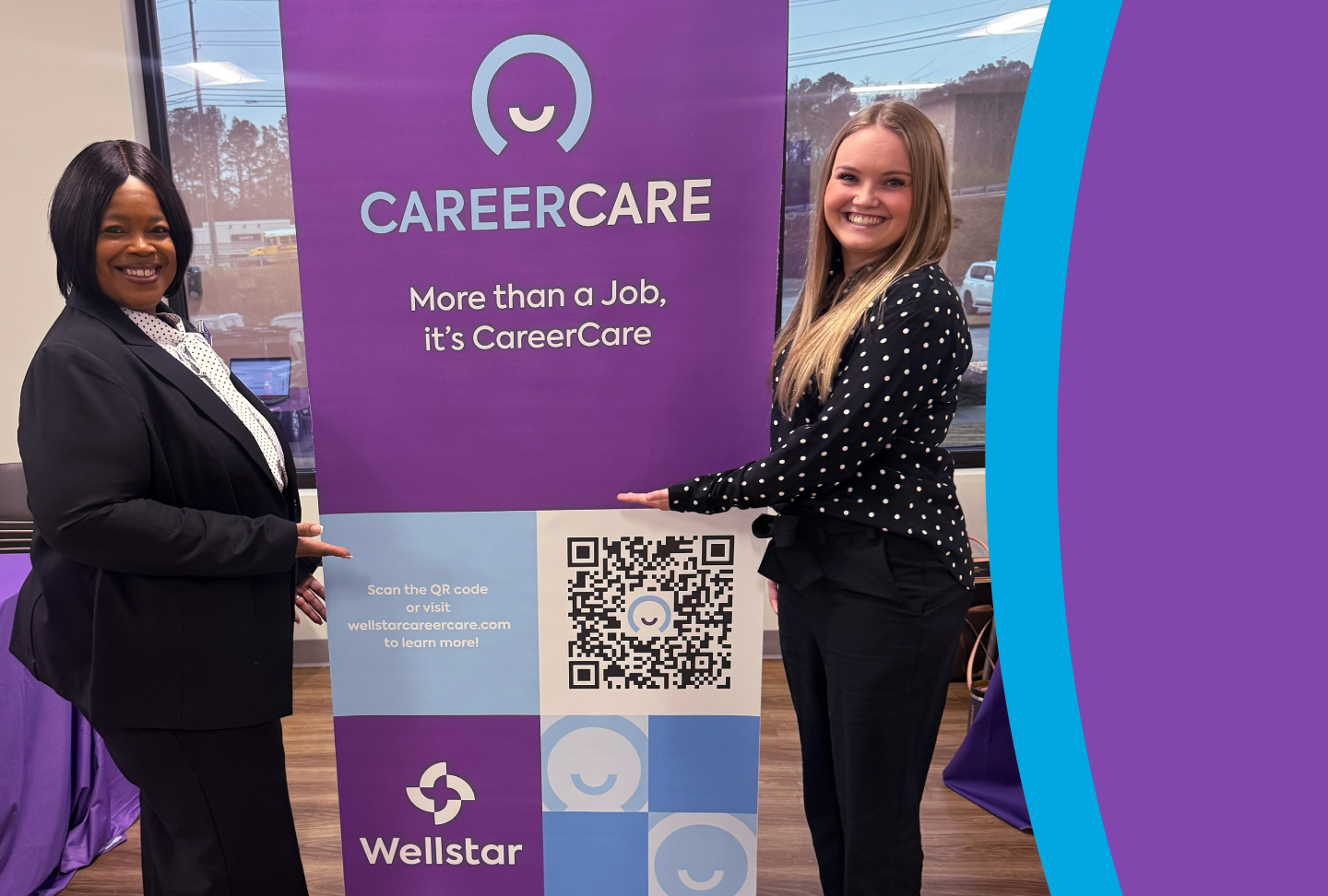Effective Sept. 3, Southside Medical Center will assume operations of the Wellstar Urgent Care clinic in Stockbridge. The Wellstar Stockbridge urgent care location will remain open through Thursday, Aug. 29, before transitioning operations to Southside and reopening on Sept. 3.
There will be no loss of services. After Sept. 3, Southside will continue to provide urgent care services and, in the future, expanded primary care services like immunizations and annual wellness visits will also be available. Patients will notice new signs and new staff but will continue to receive the same high-quality care from our partners at Southside that they have come to expect at this location.
We have kept our patients top of mind throughout this process, developing a thorough communications plan to notify them of this change. We will reach out to patients in the community to provide more information about this change through signage, postcards and electronic messages.
As part of this next phase of our partnership, Wellstar is contributing nearly $1 million in operational funds and donating medical equipment to ensure a successful transition of care in Stockbridge. We are committed to working closely with the Southside team to ensure a smooth transition of care.
The clinic will continue to be open seven days a week from 8 a.m. to 7:30 p.m. Urgent care services are available via appointment or walk-in and care will continue to be provided to all patients regardless of their ability to pay.
We appreciate the opportunity to serve as your healthcare partners, and we hope you will continue your care with us after this transition. Thank you for entrusting us with your care.
For more information on Southside Medical Center, visit SouthsideMedical.net.




